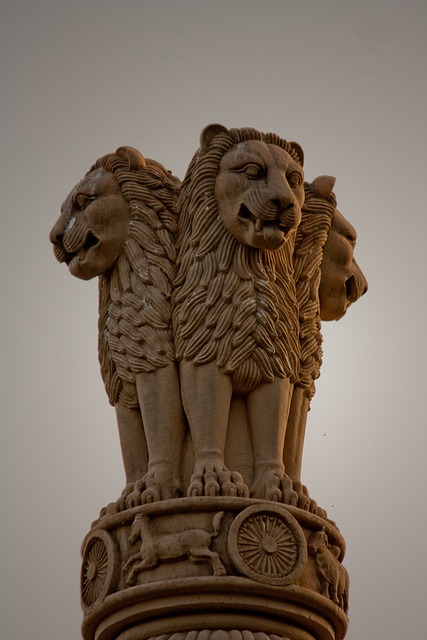News Highlights:
Data presented by the Ministry of Tribal Affairs (MoTA) on Monday in Lok Sabha revealed that the National Commission for Scheduled Tribes (NCST) is currently operating with fewer than 50% of the authorised number of members.
Key Takeaway:
- According to data provided by the Commission, the ST panel is required to contain a chairperson, a vice chairperson, and three members (two among V-C and Members must be from the ST community).
- Currently, it just has a Chairperson and one Member, with all other positions, including that of the mandatory ST Member, vacant for the last three years.
National Commission for Scheduled Tribes:
- About:
- National Commission for Scheduled Tribes is a constitutional body.
- The Commission is an authority working for the economic development of Scheduled Tribes in India.
- Constitutional provision:
- NCST was set up in 2004 by amending Article 338 and inserting a new article 338A in the Constitution through the 89th Constitution Amendment Act, 2003. Hence, it is a constitutional body.
- By this amendment, the erstwhile National Commission for Scheduled Castes and Scheduled Tribes was replaced by two separate Commissions, namely:
- The National Commission for Scheduled Castes (NCSC), and
- The National Commission for Scheduled Tribes.
- Composition:
- Its members are comprised of a Chairperson, a Vice-Chairperson, and 3 more Members who the President chooses through a warrant signed with his seal.
- There should be at least one female member.
- The terms of office for the Chairperson, Vice-Chairperson, and other Members are three years.
- The Vice Chairperson holds the rank of Minister of State, the Chairperson has the rank of Union Cabinet Minister, and other members have the rank of Secretary to the Government of India.
- More than two terms of appointment are not permitted for the members.
- Functions:
- The NCST conducts investigations, keeps track of developments, and assesses how well the Constitution’s protections for Scheduled Tribes are working. The NCST will examine particular complaints involving the infringement of STs’ rights and protections.
- The commission examines the status of the various developmental initiatives in addition to taking part in and offering advice on the planning process for the socioeconomic development of the STs.
- The President will be presented with an annual report on the working of those safeguards. Apart from annual reports, other reports also will be submitted to the President as and when necessary.
- The Commission will also give reports on what measures are to be taken by the central and various state governments for the effective execution of the measures and safeguards for the protection, development and welfare of the STs.
Pic Courtesy: Pixabay
Content Source: The Hindu



